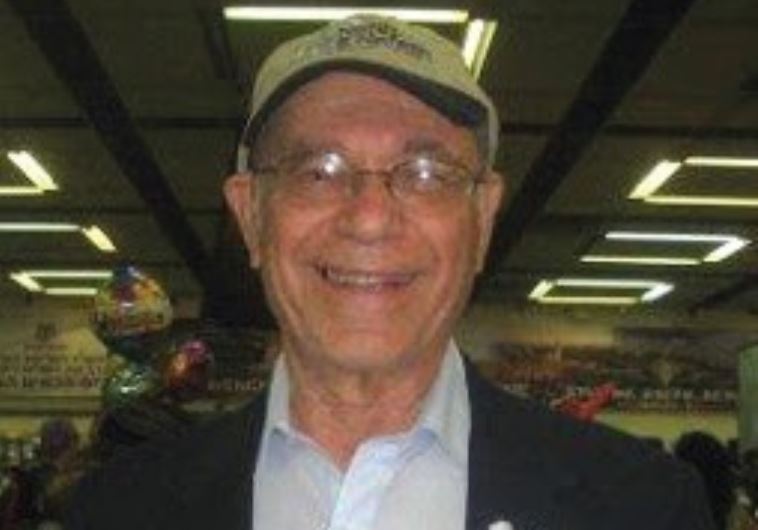Know Comment: Remembering Rabbi Pechman — An unabashed advocate for Israel
It is no surprise that he lived to see all his children and grandchildren grow up well-grounded in Jewish tradition and settle in the Land of Israel.
 RABBI YITZCHAK (IRWIN) PECHMAN on the day of his aliya.Updated:
RABBI YITZCHAK (IRWIN) PECHMAN on the day of his aliya.Updated: